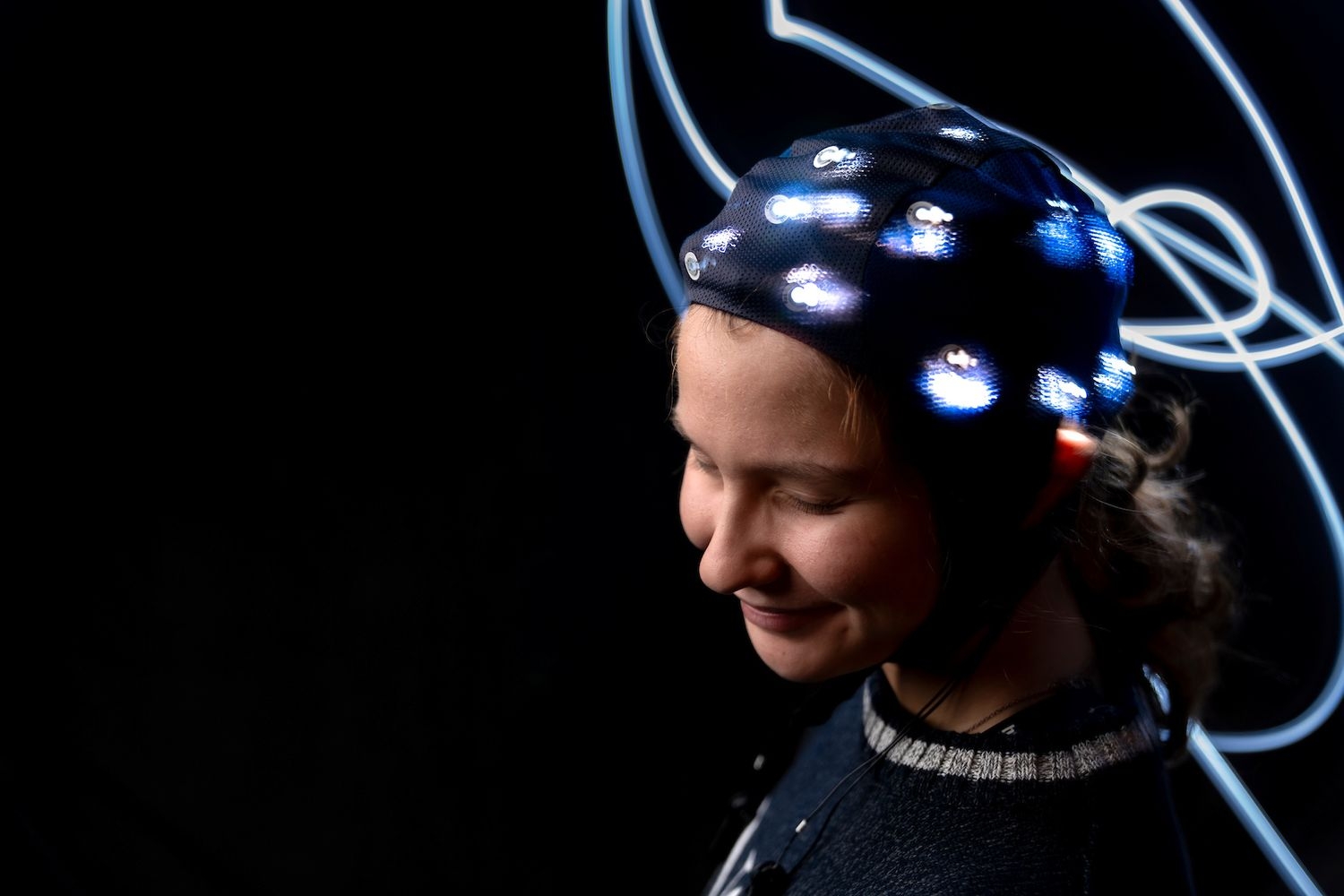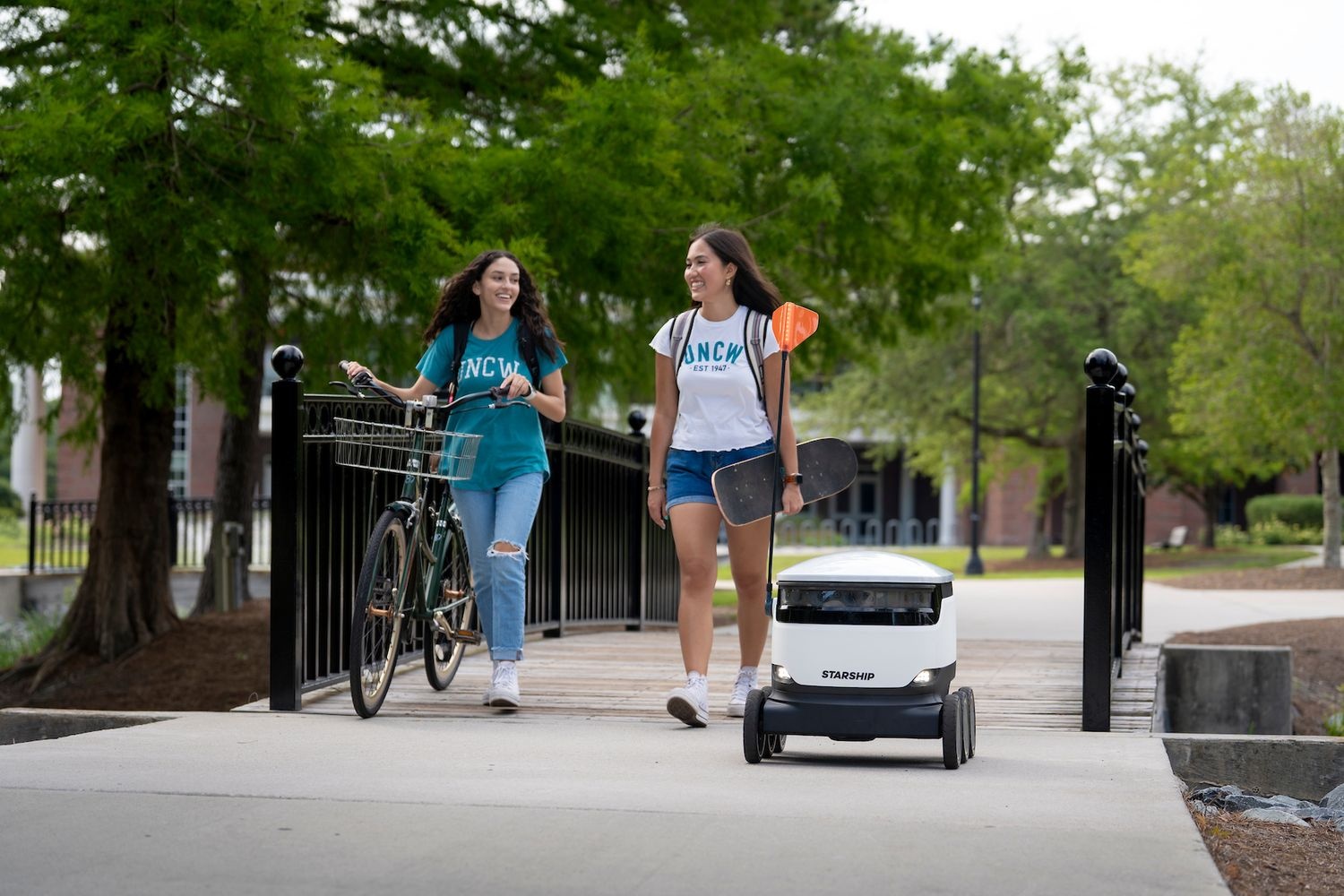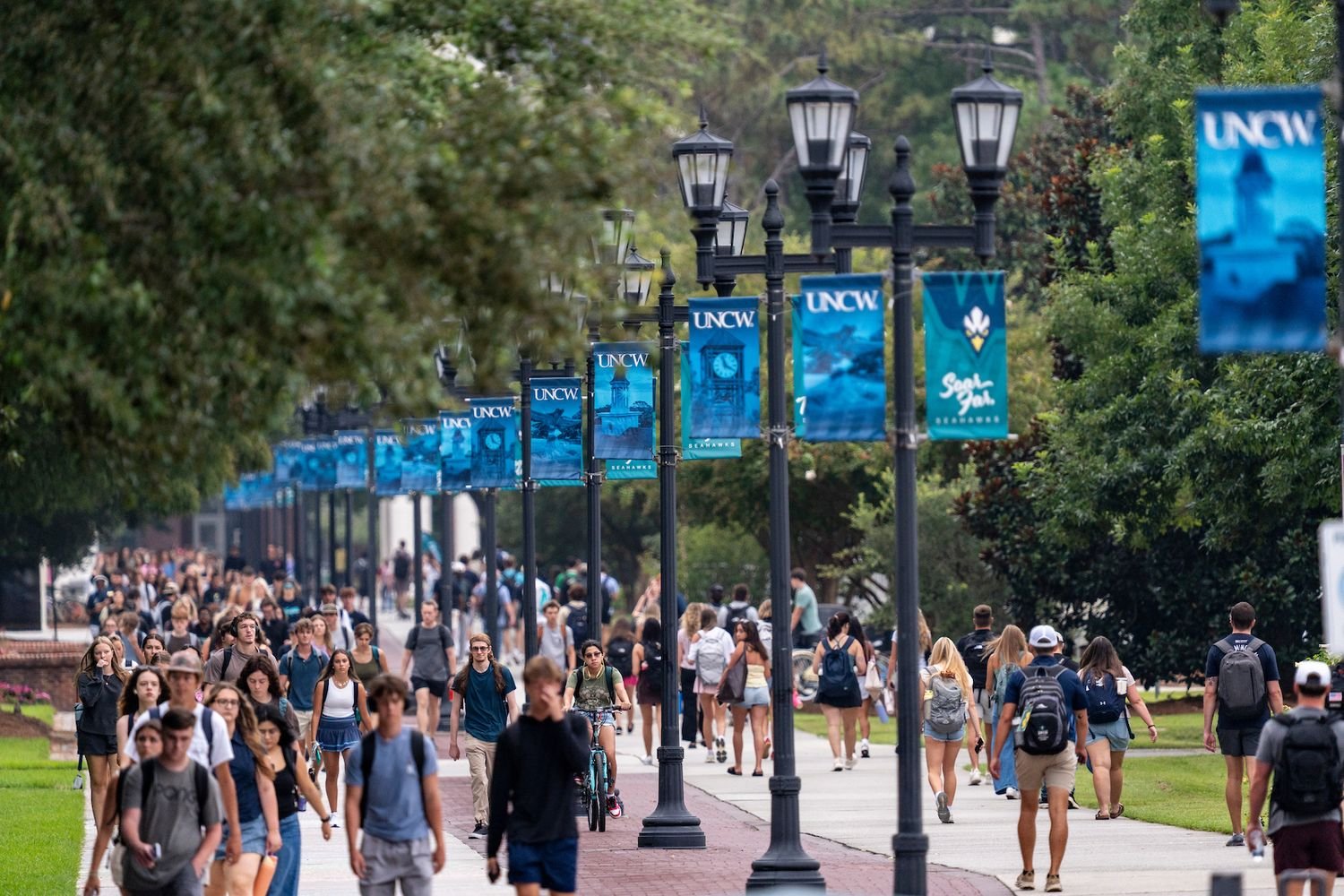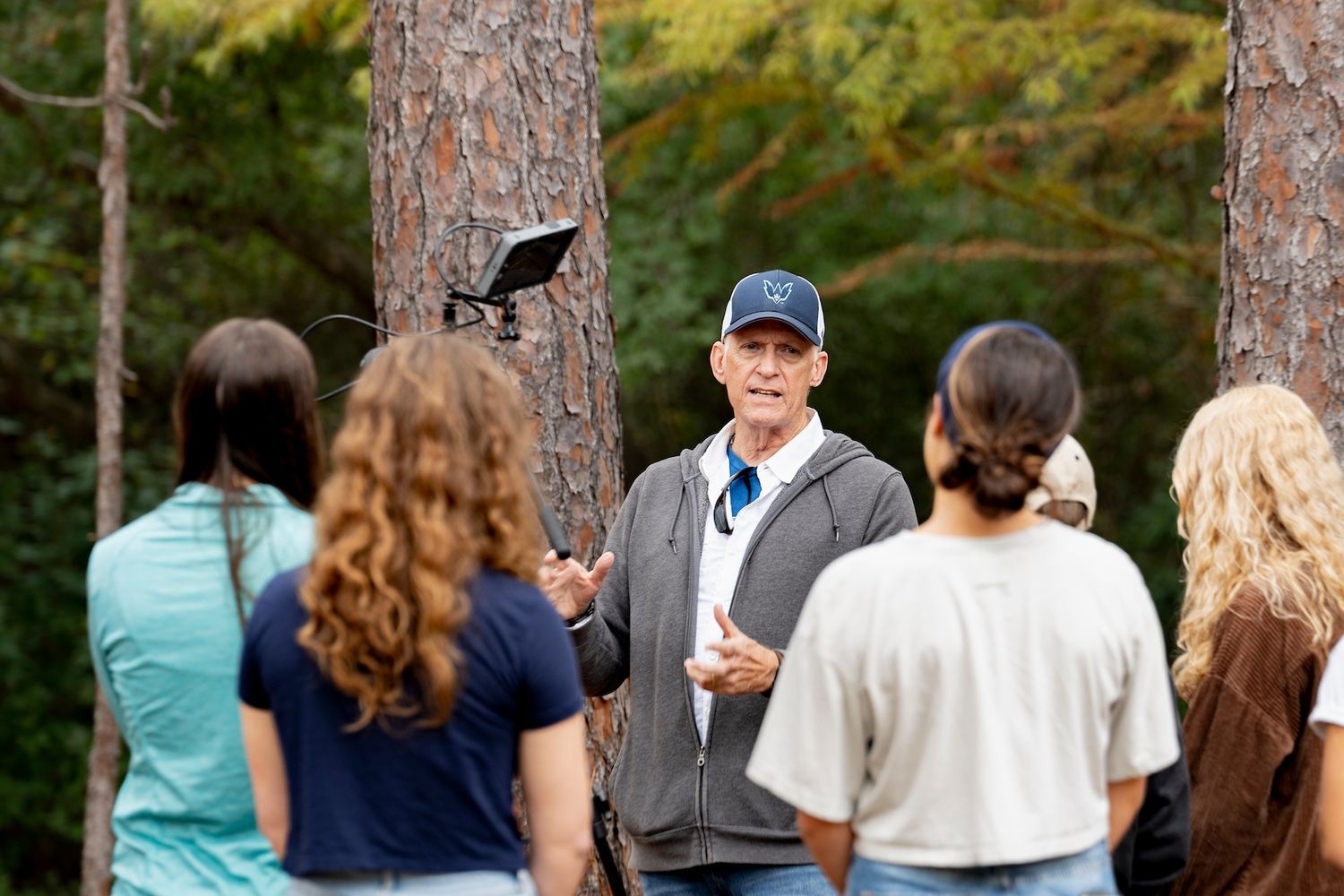Research Hubs Dive Deep
The UNCW’s Research Hubs program is a new initiative that provides the wide-ranging support necessary to address overwhelming problems beyond the reach of individual researchers or teams. The hubs serve as the foundation for interdisciplinary research collaborations and are funded for a total of $100,000 a year for up to three years. Proposals for the hubs’ launch were considered from any interdisciplinary topic, and the two selected research hubs tackle brain health and maritime cybersecurity.
Defending the Maritime Transportation System
The Maritime Cybersecurity Applied Research, Technology and Education Center hub, or MCARTEC, includes researchers from UNCW’s College of Science and Engineering (CSE), Cameron School of Business and College of Humanities Social Sciences, and the Arts (CHSSA), as well as partnerships with the N.C. State Ports Authority, the Defense Alliance of North Carolina and the United States Coast Guard. The overarching question motivating the hub’s research is how to best help the maritime transportation system (MTS) secure and strengthen its cyber resilience.
“Making the MTS more cyber resilient is a global, national, regional and local problem,” said Ulku Clark, the principal investigator leading MCARTEC and the director of UNCW's Center for Cyber Defense Education. Cyber attacks are cheaper and easier to launch than more traditional attacks, increasing 900% worldwide and affecting a part of the U.S. economy worth about $5.4 trillion.
As a National Security Agency-designated Center of Academic Excellence in Cybersecurity, UNCW is well positioned to lead efforts to fight this rising problem. The university has been awarded $124,999 by the Department of Defense to build the appropriate organizational structures, define key roles, and coordinate the responsibilities of MCARTEC. The center will focus on maritime cybersecurity risk assessment and the development of remediation plans, utilizing best practices, recommendations, and industry standards from the NIST Cybersecurity Framework for security posture assessments.
MCARTEC will focus on three research areas: explore the most pressing concerns for MTS security concepts, policies and best practices; advance the security of information and operational technologies; and further cybersecurity workforce development. All three areas involve artificial intelligence-related projects, as AI use continues to soar in the industry.
A shortage of workers trained in cybersecurity and defense is a problem nationally and globally, particularly in the maritime sector. “Nationally, only a handful of schools offer MTS specialization,” Clark said. UNCW’s planned graduate certificate in maritime cybersecurity would address this, producing skilled security professionals with an MTS focus to fill these necessary positions.
Bridging Gaps in Neurocare

The second of the research hubs focuses on brain health. Bridging Gaps in Neurocare: UNCW’s Strategic Blueprint for Brain Health Resilience (BHR) involves collaborators from CSE, the College of Health and Human Services (CHHS) and Office of Military Affairs, as well as industry partners NuReam, SportGait/LifeGait and OpiAID.
“This offers the opportunity for UNCW to become a leader in brain health, and that not only has the ability to transform lives but offers rich opportunities for our students,” said Kate Brody Nooner, senior associate dean for faculty, policy, research and innovation in CSE. The hub’s research is designed to include students throughout proposed projects.
The BHR hub is built around four areas of focus: translational brain medicine, neuroplasticity, prevention of traumatic brain injury and concussion, and substance use and data science. Research leveraging existing medications including the weight-loss drug Ozempic for issues of brain health such as stroke can make innovative treatments possible at lower cost. Exploring nontraditional models of brain resiliency such as in sharks presents novel ways to measure neuroplasticity and address various forms of dementia such as Alzheimer’s disease. Helping assess and prevent early impacts from even mild traumatic brain injury will help to aid in more successful recovery and prevention efforts. Real-time data tracking fuels an app that guides clinicians in adjusting treatment for issues such as addiction.
Now is an opportune time for collaboration and innovation on the subject because of the need for effective strategies to enhance brain health resilience, according to Rachel Kolman, the UNCW psychology professor coordinating the hub.
“We expect this research collaboration will advance our understanding of biological and environmental factors influencing brain health outcomes, which could ultimately guide the development of novel preventative and therapeutic interventions,” she said.












